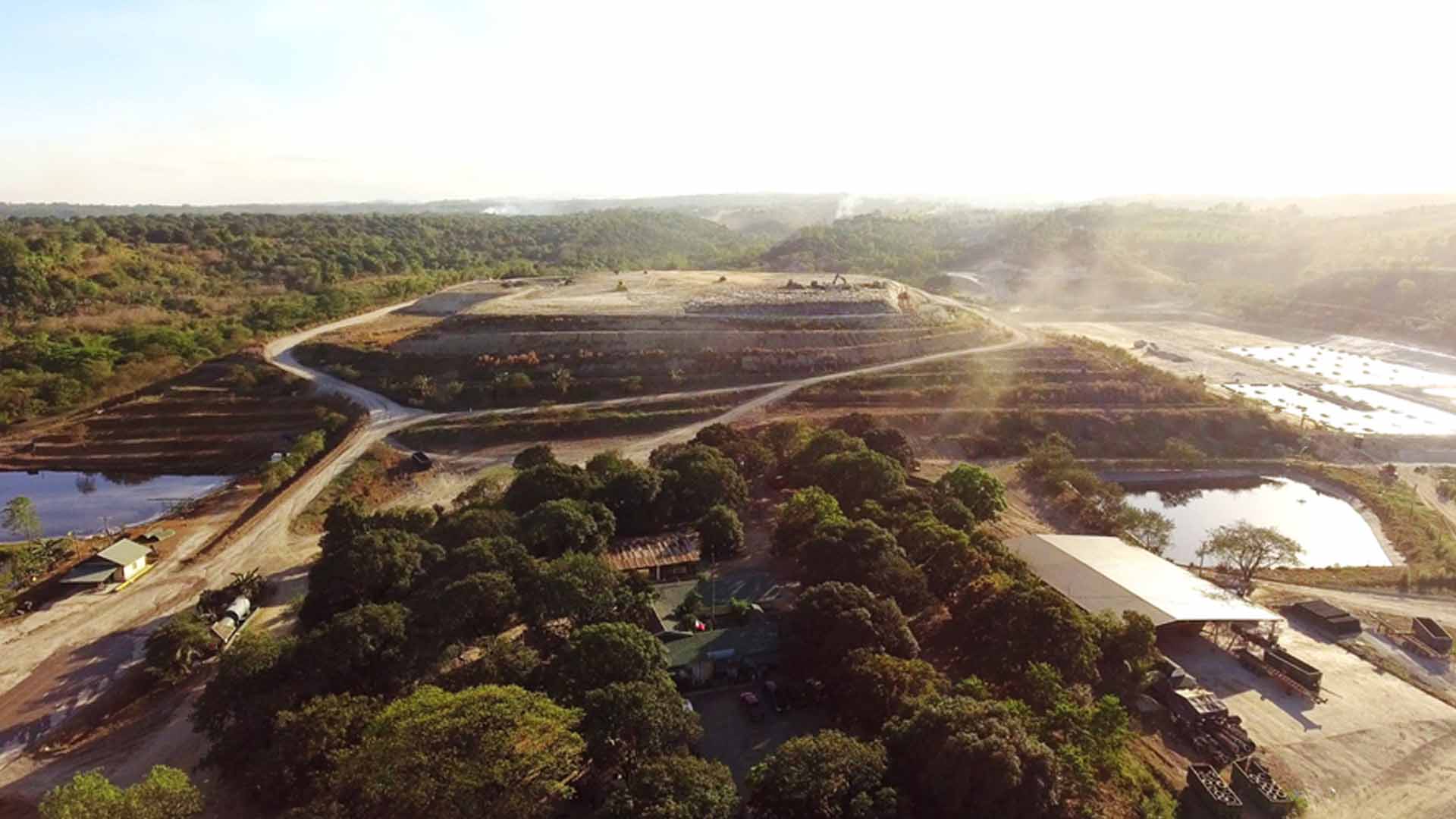As the country enters the new year continuing to navigate the challenges brought on by the coronavirus pandemic, good public health and sanitation has become more important than ever before. Metro Clark Waste Management (MCWM) pushes forward with the expansion of its facilities to ensure continued service for the ever-growing waste management needs of its local government units (LGUs) and corporate clients, while maintaining stricter protocols for the safety of its employees and partners.
Situated in Sitio Kalangitan, Clark Special Economic Zone, MCWM is currently undergoing a P300-million expansion to its engineered sanitary landfill and is set to be completed this year. Multiple local and international studies have projected that the volume of Philippine household waste is expected to far exceed available disposal capacity. The additional seven hectares being developed by MCWM is part of the company’s mission to serve the country’s ever-growing waste disposal requirements.
Where many other companies are adopting a conventional stance and conserving resources during the pandemic, MCWM is accelerating investment; building an additional leachate treatment plant to ensure proper treatment of waste by-products, as well as a separate disposal cell for industrial waste. The company also said it was investing in additional vehicles, and other equipment and infrastructure.
Its efficient waste management operations in Central Luzon, relentless focus on client service, and strict compliance with DENR standards, have allowed MCWM to maintain its growth trajectory. Despite the effects of the pandemic, the company managed over 20 percent more waste in 2020 versus the previous year.
DENR recently reported its aim to close all open dumpsites, which are considered illegal, this year.
“At a time when many of our countrymen are facing so many challenges due to the pandemic, it is very gratifying to us that we can continue to provide such an essential service to our clients; and that they don’t need to worry about the proper disposal of their waste,” said Vicky Gaetos, MCWM’s Executive Vice President and General Manager.
“We commit to effectively fulfill our role by investing in new technology, equipment, and infrastructure that will allow us to serve our LGUs and industrial clients, all of whom also acknowledge the need for proper waste management that is safe for the public and the environment,” continues Gaetos.
MCWM also continues to implement stricter on-site protocols to maintain regular operations and ensure its employees’ safety. These measures include regular and frequent disinfection of its waste collection trucks and official company vehicles, deployment of personal protective equipment for all staff including hospital-grade gear for trained personnel inspecting medical waste, use of only company-provided footwear inside the premises, and implementation of comprehensive protocols for suspected, confirmed, and recovering cases. Moreover, MCWM continues to support the Department of Environment and Natural Resources ongoing thrust to ensure the strict compliance to the Ecological Solid Waste Management Act of 2000 (RA 9003) of waste disposal sites in the Philippines.
With proper, environmentally sound and technology-driven waste processing at the core of its 20-year experience, MCWM remains to be the only waste management company of its kind in the Philippines. It is the first and only waste management firm in the country that utilizes European environmental protection technology and equipment. It is also the only ISO-certified (9001-2015/ 14001-2015/ 45001-2018) waste management company in the Philippines. MCWM is fully compliant with RA 9003 and, in serving them, allows its LGU and industrial clients to comply with the same.
MCWM, as part of a consortium with partners from Germany and the United Arab Emirates, has also submitted an unsolicited proposal to the government for a $200-million integrated waste management system to serve the waste management requirements of the entire region for decades to come. The project will be built on the current Sitio Kalangitan site and will be fully funded by the consortium. The system will employ proven globally proven technologies involving waste sorting, and the construction of a 35MW waste-to-energy plant, all of which will effectively expand the landfill’s capacity for another 50 years.








